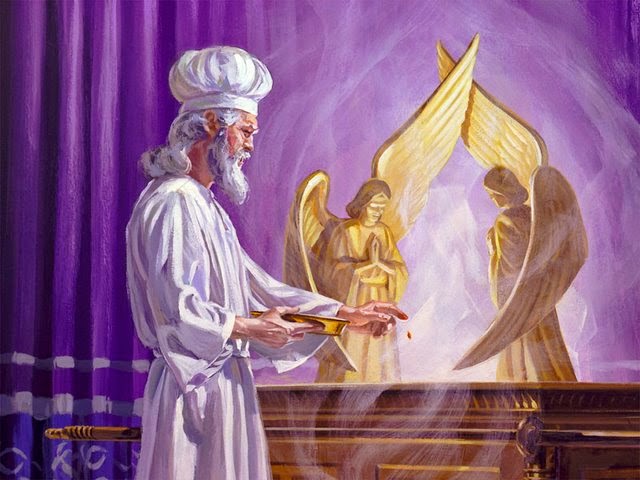A Blessing For You

Google Images I’m not sure if the Irish have cornered the market on blessings, but they certainly have a lot of them. Here are a few: May the raindrops fall lightly on your brow. May the soft winds freshen your spirit. May the sunshine brighten your heart May the burdens of the day rest lightly upon you. And may God enfold you in the mantle of His love. May you have warm words on a cold evening, a full moon on a dark night, and the road downhill all the way to your door. May you have the hindsight to know where you've been the foresight to know where you're going and the insight to know when you're going too far. May God grant you many years to live, For sure he must be knowing. The earth has angels all too few. And heaven is overflowing. and my personal favourite: May the road rise to meet you, May the wind be always at your back, May the sun shine warm upon your face, The rains fall soft upon your fields and, Until we meet again, May God hold you in the palm of His ha...









